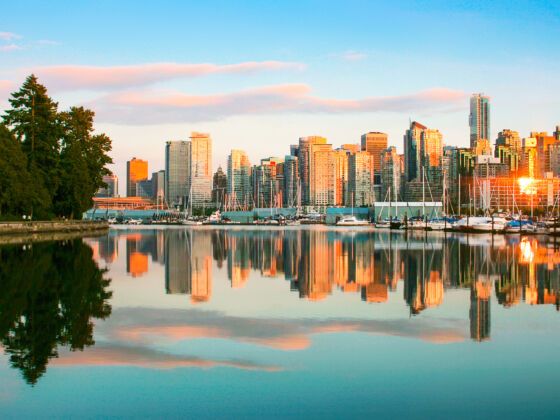AFTER STARTING a cigarette butts recycling program in 2013 to keep its streets clean of the “most littered item across the globe“, Metro Vancouver is going one step further by introducing a food scraps ban.
Food scraps being thrown away with regular garbage is a bigger problem than you would think. When in the landfills, food and other organic materials are buried under other waste and do not decompose properly due to the lack of oxygen. They consequently create methane, a greenhouse gas that contributes to global warming. Not only that, but they use up a lot of landfill space. Over 30% of what Vancouverites send to the landfill is compostable organics, says Metro Vancouver.
